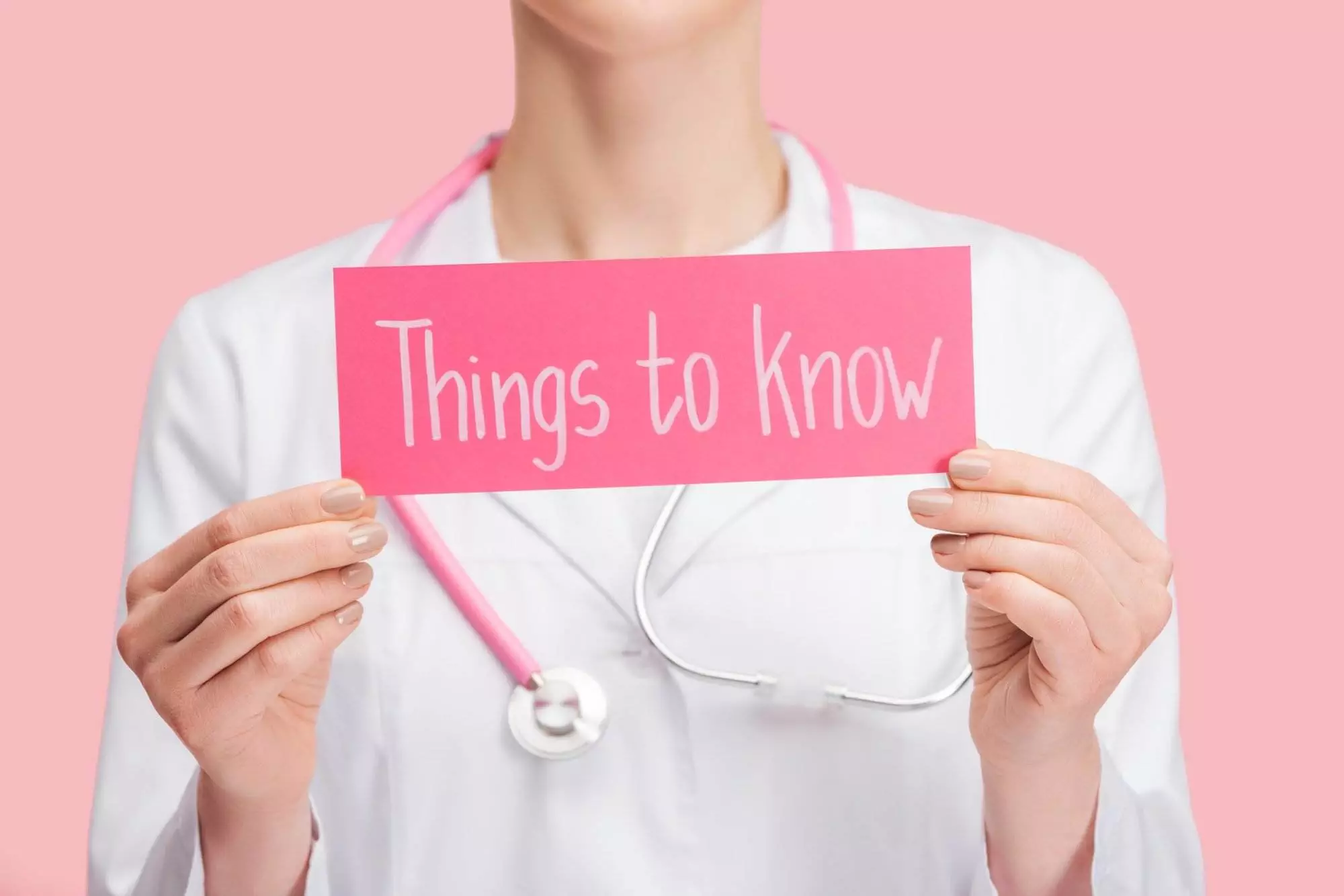
Is Keto Safe? Everything You Need to Know About the Keto Diet
The ketogenic diet, or simply “keto,” has become increasingly popular in recent years as a way for people to lose weight and improve their overall health. However, with any new trend comes questions about its safety and effectiveness. In this article, we’ll explore everything you need to know about whether keto is safe and what you can do to ensure that it remains a healthy choice for you.
Introduction to the Keto Diet
First things first: What exactly is the keto diet? The keto diet is a low-carb, high-fat diet that involves limiting your intake of carbohydrates while simultaneously increasing your consumption of fats. This helps put your body into a state of ketosis, which means that instead of using glucose (sugar) from carbs for energy, your body burns fat stores for fuel. By doing so, many people experience rapid weight loss and improved blood sugar levels, among other benefits.
What is a Safe and Healthy Way to Follow the Keto Diet
So, is keto safe? Yes, but like any diet, there are certain precautions you should take to ensure that you remain healthy while following it. One important thing to remember is that not everyone will respond well to such a drastic change in their diet, so it’s essential to listen to your body and make adjustments as needed.

Here are some tips for safely following the keto diet:
Gradually reduce your carb intake: Suddenly cutting out all carbs at once can be difficult on your body and may cause unpleasant side effects. Instead, gradually decrease your carb intake over several weeks until you reach your desired level.
Stay hydrated: Since the keto diet can cause dehydration due to increased urination, it’s crucial to drink plenty of water throughout the day. Aim for at least eight 8-ounce glasses per day.
Get enough electrolytes: Electrolytes help regulate fluid balance in your body, and since the keto diet can cause an imbalance, it’s vital to get enough through food or supplements. Good sources include bananas, avocados, spinach, and almonds.
Eat a variety of whole foods: While the keto diet allows for lots of delicious fats, it’s still essential to eat a Balanced diet full of nutrient-rich whole foods like vegetables, lean proteins, and healthy fats.
Common Side Effects of the Keto Diet and How to Avoid Them
While the keto diet can have numerous positive effects on your health, it also has potential side effects that you should be aware of. Some common ones include:
1. Headaches: This often occurs during the initial stages of the diet when your body is adapting to burning fat for fuel instead of glucose. To avoid headaches, increase your salt intake and stay hydrated.
2. Constipation: Due to the lack of fiber in the keto diet, constipation is another possible side effect. Make sure to consume plenty of non-starchy veggies and consider adding a fiber supplement if necessary.
3. Fatigue: As your body transitions to using fat for fuel, you might feel more tired than usual. Try getting extra rest and incorporating more iron-rich foods into your diet.
4. Difficulty sleeping: Some people report having trouble falling asleep or staying asleep while on the keto diet. Consider taking magnesium supplements before bedtime to promote relaxation.

Is the Keto Diet Safe for Long-Term Use
One question that frequently arises regarding the keto diet is whether it’s safe for long-term use. While there isn’t yet extensive research on the subject, studies suggest that the keto diet could potentially be safe for up to two years. However, as with any diet, it’s always best to consult with your doctor or registered dietitian before making significant changes to your eating habits. They can provide personalized recommendations based on your individual needs and health status.
Conclusion: The Safety of the Keto Diet in Summary
In conclusion, the keto diet can be a safe and effective way to lose weight and improve your overall health, but it requires careful attention to your body’s signals and a commitment to consuming a balanced diet rich in whole foods. If you’re considering trying the keto diet, talk to your healthcare provider first and pay close attention to how your body reacts to the changes. With proper care and monitoring, the keto diet can be a powerful tool for achieving your health goals.

